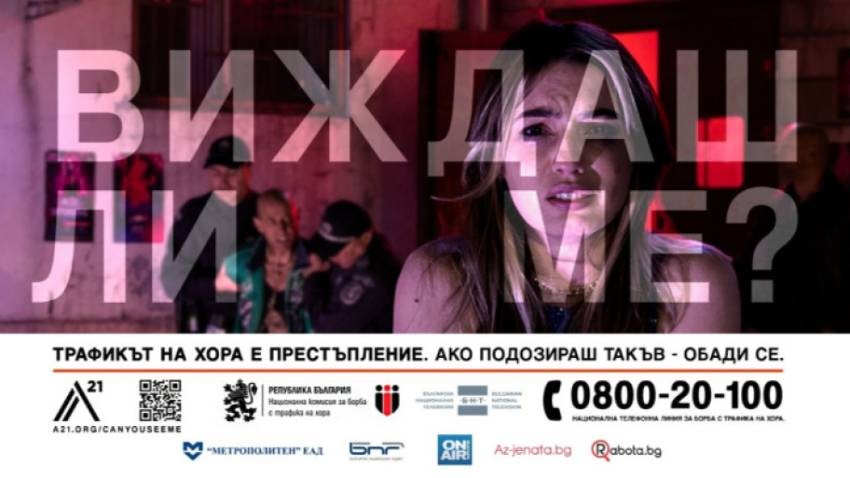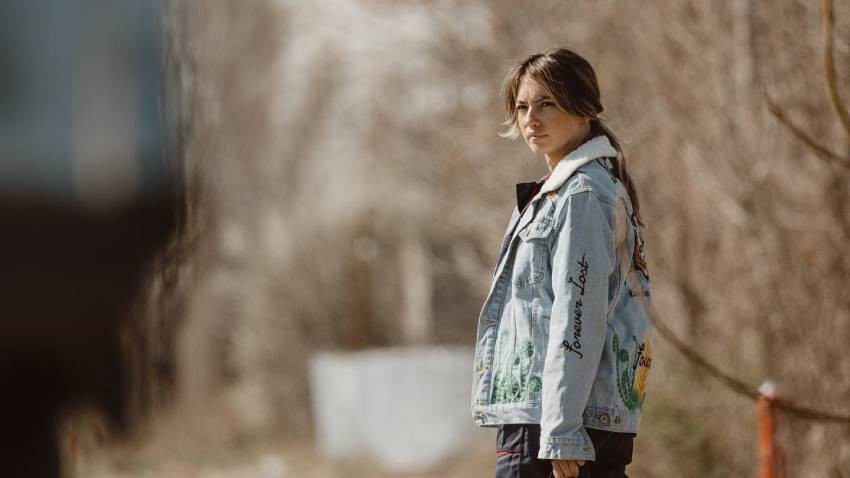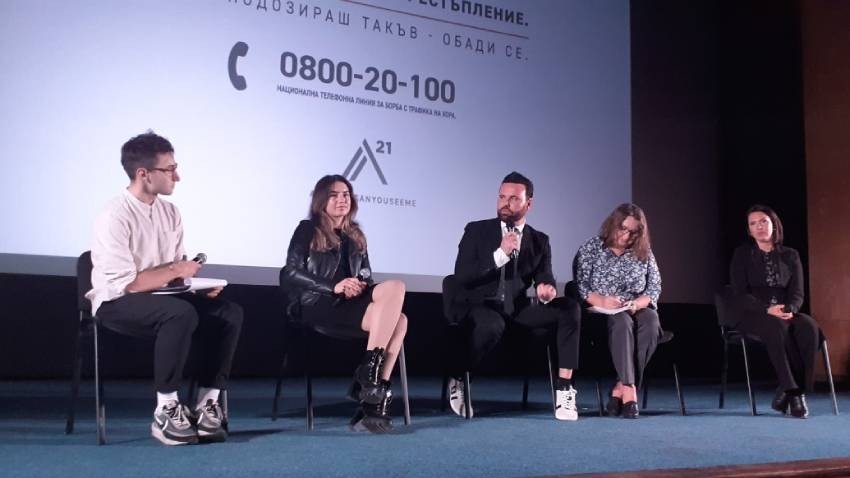A phone call to Bulgaria’s National Human Trafficking Hotline costs nothing, but it can save the life and health of a person unwittingly caught up in the networks of criminal groups. This is the main message of the campaign "Do you see me?" - a joint initiative of the National Commission for Combating Trafficking in Human Beings and the Campaign A21 Foundation. Its purpose is to provoke vigilance and activism in Bulgarian society, as the statistics on human trafficking worldwide are extremely startling - there are currently close to 50 million modern "slaves" who are involved in some form of exploitation.
In Bulgaria, this problem has been talked about for years, and despite the available information in the electronic media, Bulgaria retains one of the leading places in the negative ranking of countries from which people are "exported" to be used and exploited. Most often this happens when people are trying to find a better job and a better life in the country or abroad. According to the data of the Bulgarian prosecutor's office for 2021, there were 468 Bulgarian traffic victims, as the National Commission for Combatting Human Trafficking has identified 132 victims.

In order to raise the alarm about the potential risk of human trafficking and to help this message reach as many Bulgarians as possible, the authors of the campaign have made two short films that vividly and believably describe the story of two young people who fell into the criminal schemes of traffickers. "The goal of both films is for every viewer to understand how easily they can end up in some form of human trafficking leading to sexual or labour exploitation," says Monika Nikolova, director of the A21 Campaign Foundation.
"There is also a national telephone line - 0 800 20 100, which can be used both to report and to check a job offer that has triggered some suspicion. For 2021, there were nearly 800 calls to the hotline," Monika Nikolova explains in an interview with BNR’s Horizon channel. According to her, victims of sexual and labour exploitation are mainly people from economically poorer regions of Bulgaria, most often from Vidin, Montana, Vratsa, Pleven.

In addition to the important messages to the audience, the two short films "City of Ghosts" and "On the Seashore" are also distinguished by the acting of Martin Hristov and Angela Nedyalkova, who masterfully recreate part of the life vicissitudes of the two characters who fell into the trap of human trafficking. On October 26th, the young actors had the opportunity for the first time to present the films and discuss with the audience the issues related to "slavery in the 21st century".
"When you try to reincarnate yourself in the image of a woman who has become a victim of human trafficking and sexual exploitation, you cannot help but approach with great sympathy her sadness, pain and anger at all the injustices that have happened”, says the young actress Angela Nedyalkova about her role in the short film "On the Seashore". "It's like imagining that your whole life suddenly collapses. And the viewer has a desire to change something, and in practice there is a way. We need to stay awake, be observant and pay more attention to each other in society. Then we will see indications that we are witnessing human trafficking and exploitation. The next step is clear - to report to the national hotline."

"The reason the hotline doesn't get as many calls is because of internal trafficking. More frequent are the calls regarding victims who are already abroad, but not regarding those who are exploited inside the country," explains Christian Elliott, screenwriter and director of the films about Bulgaria and more than 20 productions dedicated to human rights and the freedom of the individual to have a choice in life.
Here is more from him:
Fotos: pixabay, Facebook / A21 Bulgarıa, Gergana Mancheva
Who said Bulgarians were grumpy pessimists? Take a stroll through Sofia's Christmas bazaars and meet the cheerful crowd. The festive decorations, music, merry-go-rounds and stalls overflowing with treats and handmade souvenirs can make the gloomiest..
Bulgarian studies are highly valued at the Bogdan Khmelnitsky State Pedagogical University in the Ukrainian city of Melitopol. So it comes as no surprise that the university is hosting the latest edition of the International Bulgarian Studies Readings,..
"You say you are Bulgarian, but you do not know Bulgarian" – this reproach from officials in Bulgaria has been faced by quite a few by our compatriots from the historical Bulgarian communities around the world. One of them is Bledar Alterziu from..

+359 2 9336 661
